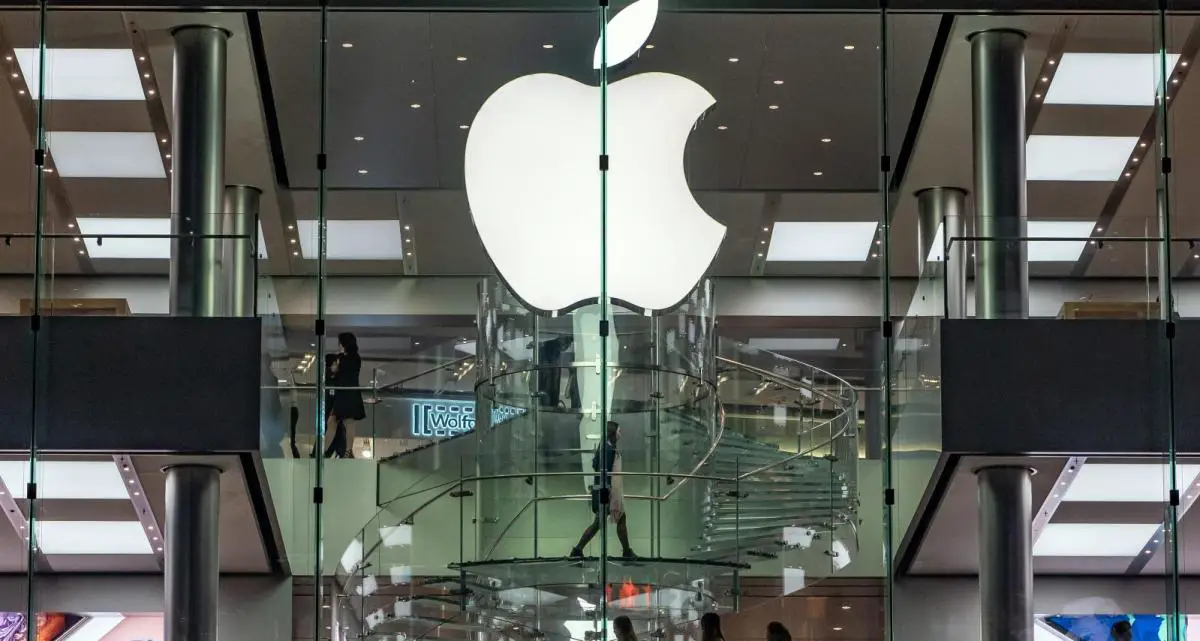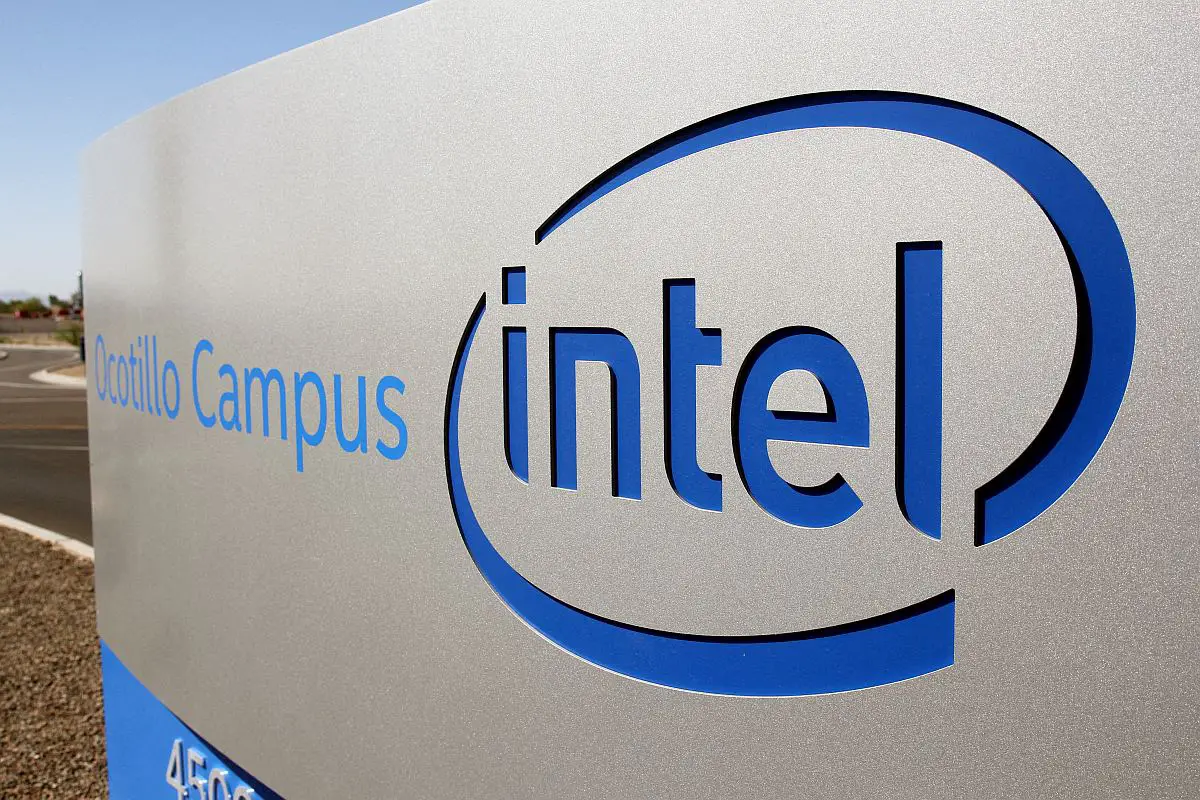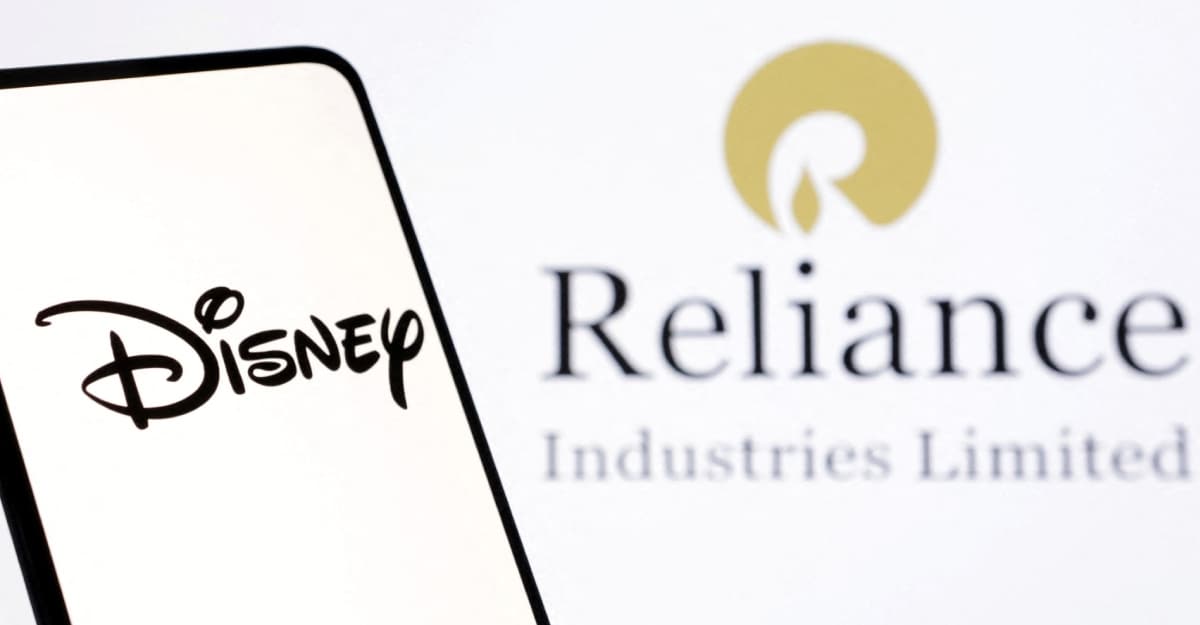Facing increasing pressure from regulators, Apple on Wednesday announced it’s opening up NFC transactions to third-party developers. NFC, or near field communication, is the short-range wireless technology that powers Apple Pay and Wallet. Apple’s exclusive access to the iPhone’s NFC capabilities had been under investigation by the European Commission for years for restricting competition in the mobile payments space, leading Apple to ultimately open up its tap-and-go technology to third parties in the region.
Now, Apple is broadening access to other markets, as well. According to its announcement, Apple will initially make its new NFC and Secure Element APIs available to developers in Australia, Brazil, Canada, Japan, New Zealand, the U.K. and the U.S., with additional locations to follow. The APIs will become available with the release of the iOS 18.1 update.
Although Apple had long allowed third parties to access the contactless technology for things like reading NFC tags, the EU antitrust case pushed the company to allow competitors to access the iPhone’s Secure Element tap-and-go mobile payments system. That decision saved Apple from facing an antitrust fine that would have been equal to up to 10% of its total annual revenue, or around $40 billion.
As other markets are taking cues from EU regulations, Apple is potentially getting ahead of any further complications by opening up NFC access to developers.
With the new APIs, developers will be able to offer competitive Wallet products, as well as other apps that offer in-app contactless transactions for things like in-store payments, car keys, closed-loop transit, corporate badges, student IDs, home keys, hotel keys, merchant loyalty, reward cards and event tickets, with government IDs to be supported in the future. The expanded access will likely spark innovation as developers update their existing apps with new capabilities while others build apps to capitalize on the new functionality.
Developers will still have to accept Apple’s terms by entering into “a commercial agreement with Apple,” and the company hasn’t yet said what that entails. The agreement will allow developers to request an entitlement and pay the associated fees, indicating this is not a freely available service.
After gaining access, developers will be able to use the new APIs to access the Secure Element, a chip on the iPhone where sensitive information is stored safely on the device. Users will be able to open the third-party app directly or set it as the default in iOS settings to use it by way of the double-click on the side button, as you can today with Apple Pay.









